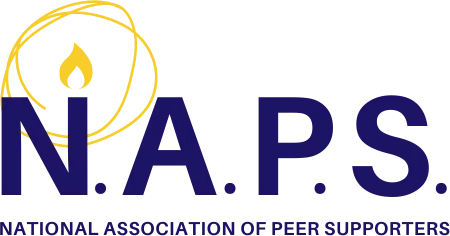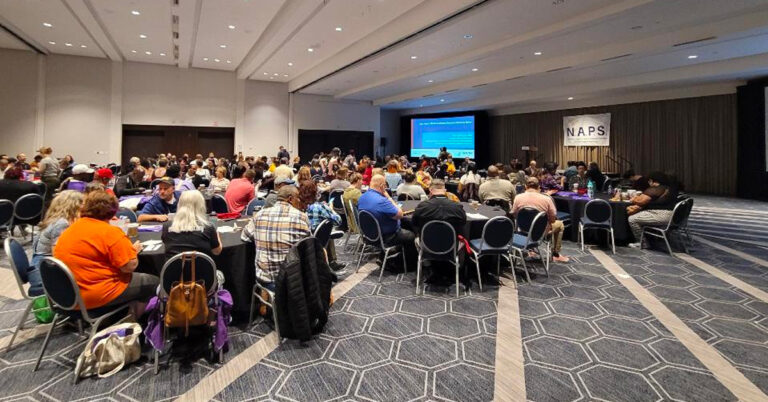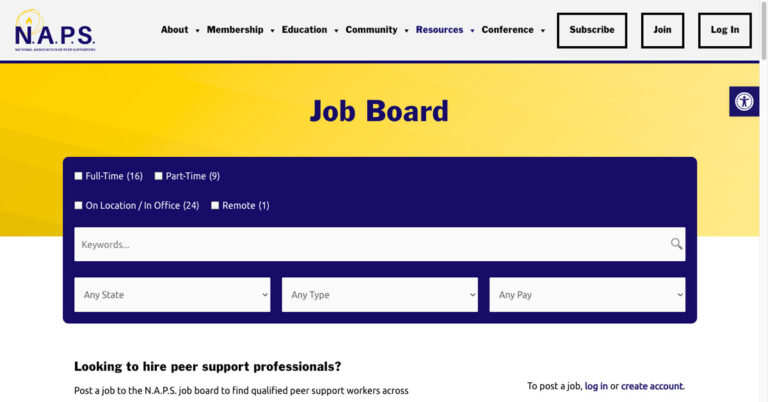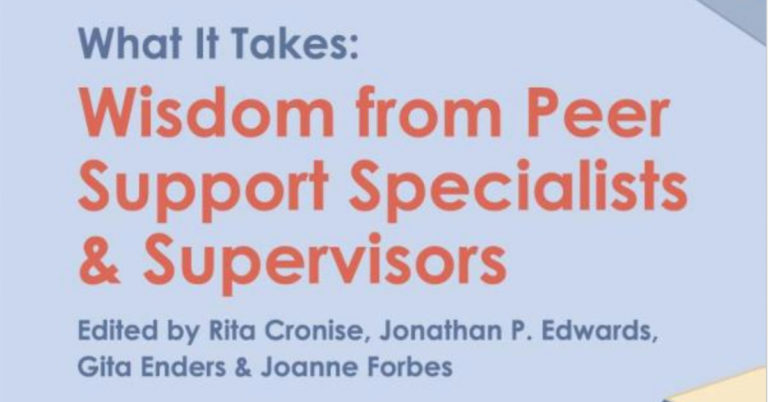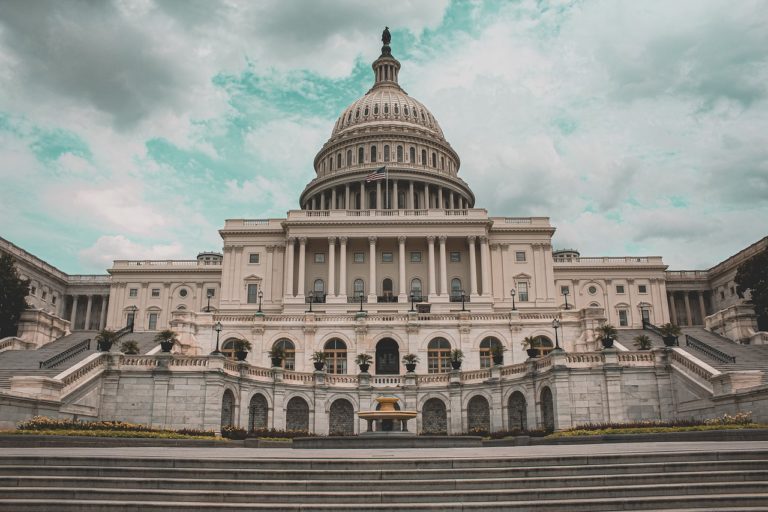N.A.P.S. Names Tim Saubers as Executive Director
We are thrilled to announce that Tim Saubers will be joining us as the Executive Director of the National Association of Peer Supporters starting in April! Tim has been an integral part of N.A.P.S. for over five years, volunteering on committees and serving on the board for the past three years, including as the Board…
